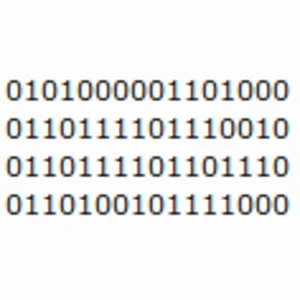Adobe Announces Plans To Abandon Flash On Linux

Hitting my inbox this morning was Adobe and Google Partnering for Flash Player on Linux. The statement is brief but basically it says Google and Adobe have been working to develop a modern API for web-browser plug-ins. The result of this collaboration is PPAPI (codenamed "Pepper") and is designed to be work for different web-browsers and operating systems. The Pepper Plug-In API is something that Google has been working on for at least the past three years to replace NPAPI (the Netscape Plug-In API).
PPAPI is designed to work across browsers and platforms, but as of right now Google Chrome/Chromium is the only supported web-browser. Mozilla has previously said they are not interested in supporting PPAPI for Firefox.
Adobe has partnered with Google now to provide a PPAPI-based implementation of Flash for x86/x86_64 that's supported by the Google Chrome browser. Google is expected to begin shipping this new Flash Player within their Chrome browser later this year for all supported platforms. As far as any other browsers getting in on this action, Adobe doesn't mention any others.
As a result of Google supporting the PPAPI-based implementation, Adobe says, "For Flash Player releases after 11.2, the Flash Player browser plugin for Linux will only be available via the "Pepper" API as part of the Google Chrome browser distribution and will no longer be available as a direct download from Adobe."
So Linux users will only be able to get Flash on Linux from the built-in plug-in to Google Chrome. PPAPI though should be universal to all supported web-browsers / operating systems, but right now there is no other adoption and Mozilla is apparently uninterested. At the same time, it appears Adobe will continue distributing Flash Player on Windows through its normal channels.
Adobe Flash going forward on Linux will just be coming through Chrome/Chromium for future updates and then maybe some wrangling to get it to other browsers should those developers choose to support the Pepper Plug-In API. There is a consolation prize though and that is Adobe says they will continue maintaining the existing Adobe Flash Player 11.2 for Linux for a period of five years. You won't be getting new features and support, but likely just bug-fixes to the x86/x86_64 plug-in. "Adobe will continue to provide security updates to non-Pepper distributions of Flash Player 11.2 on Linux for five years from its release."
There might be a hint of good news. Adobe says they will also update their Flash/SWF white-paper and release a a debug version of the Linux Flash Player. "We will be providing a debug player implementation of the Flash Player browser plugin on Linux, and will update the whitepaper once we have more details on how it will be distributed." This in theory could help out projects like Lightspark and Gnash. The open-source Flash Player alternatives have been in a hopeless game of catch-up until now in supporting modern versions of the Flash specification and to work reliably across the web. With a debug-enabled player and possibly some documentation, they might be able to make some noticeable progress towards the latest version.
As far as Windows and Mac OS X users, Adobe says, "Flash Player will continue to support browsers using non-”Pepper” plugin APIs on platforms other than Linux."
This news comes less than one year after Adobe finally managed to deliver mainline 64-bit Flash support in parity with the 32-bit version.
64 Comments

